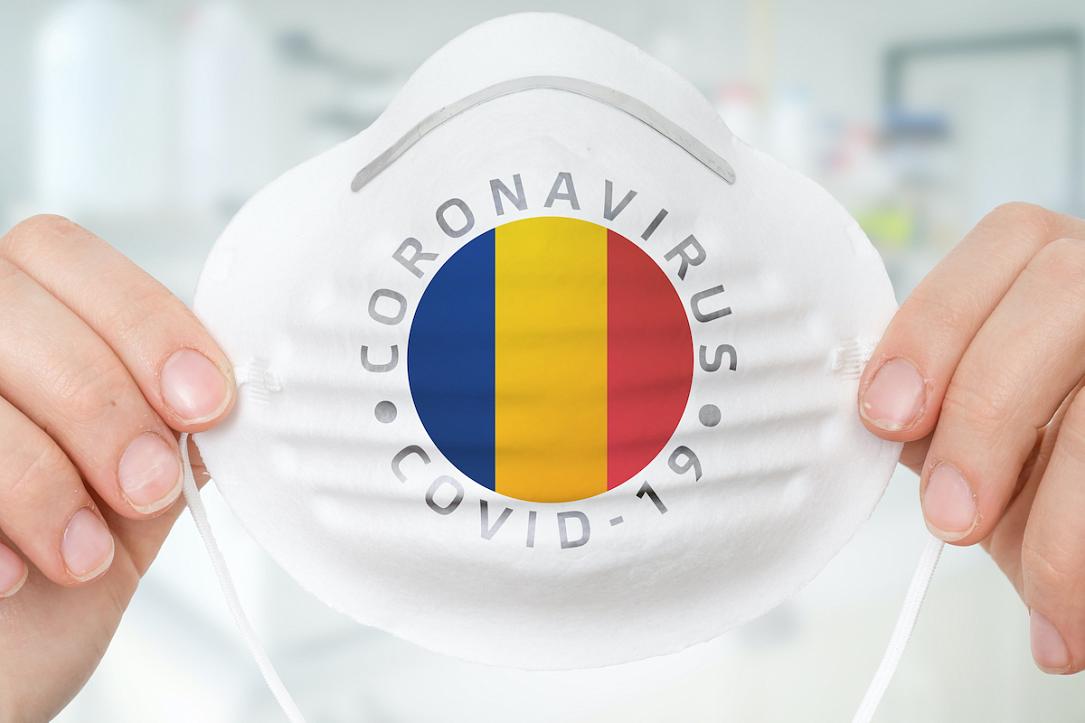Coronavirus: Romanian PM says the Govt. is not planning new restrictions



The Romanian government does not currently intend to take other restrictive measures in the context of the COVID-19 pandemic, but to enforce the law, prime minister Ludovic Orban said on Tuesday, October 27, during his visit to Paris.
"At present, we do not intend to take other restrictive measures, but we intend to apply the legislation, the government decision on the state of alert, the joint orders. Basically, to implement the measures set for each stage," Orban said, according to local news station Digi24.
Deputy prime minister Raluca Turcan had previously said at Digi24 that the government would probably evaluate, along the way, other possible measures if the number of new COVID-19 cases keeps increasing in the country. For now, the authorities are analyzing the effect of the measures already taken.
Alexandru Rafila, Romania's representative at the World Health Organization and a candidate of the Social Democratic Party (PSD) in the upcoming general elections, believes that the number of COVID-19 infections will continue to increase in the coming period in Romania. In his opinion, the measures taken so far by the Romanian authorities "are probably not enough" because some of them were adopted late.
Rafila said at public TV station TVR that the authorities' evaluations and the increase of the number of beds in hospitals are the right solutions, but they are not enough. "We need to review very quickly how the public health system works to allow cases and contacts to be quickly identified, tested, and isolated, which could stop the growth," he said, according to News.ro.
President Klaus Iohannis also made a press statement on Tuesday, after a working meeting with health specialists. He said that Romania is "facing a challenging period," and "sustained efforts are needed to control the epidemic."
"The fight against the virus takes place on two fronts - on the one hand, in the prevention area, through which we try to limit the transmission of the infection, and on the other hand in hospitals, where COVID-19 patients need specialized care and treatment," the president said.
Iohannis also talked about the capacity of the country's intensive care units and the authorities' strategy in this area. He said that, at this time, Romania has 3,065 beds in intensive care units (for all patients, not just COVID-19), 2,252 mechanical ventilators, 2,756 monitors, and "a whole range of equipment purchased with various sources of funding." To these are added five mobile intensive care units, two modular hospitals, and an intensive care module, with a total of 169 extra beds.
According to the president, the strategic plan for the next period targets the opening of new intensive care capacities to be distributed nationwide, "in newly built locations or in locations that will be turned into intensive care units."
"Accessing European funds through the Large Infrastructure Operational Program will further increase the capacity to manage the health crisis. Only for mechanical ventilators, for example, the increase from April 2020 to April 2021 will be of 146%, according to the data presented to me by the specialists," Iohannis said.
"After analyzing the hospitals' needs, the authorities will purchase, through specific procedures - again from European funds - the full range of equipment necessary for the endowment of the sanitary units, from monitors, ventilators, beds, anesthesia machines, ultrasound scanners, and RT-PCR devices," he added.
At the end of his statement, President Iohannis once again urged people to follow the regulations, as all citizens should be part of "this national effort to save as many lives as possible."
Romania recorded 4,724 new coronavirus cases on Tuesday, October 27, bringing the total to 217,216.
irina.marica@romania-insider.com
(Photo source: Andrianocz/Dreamstime.com)